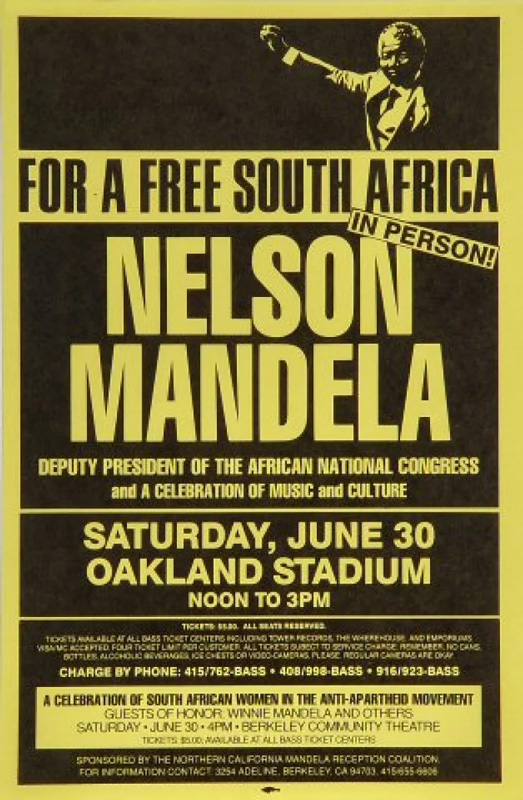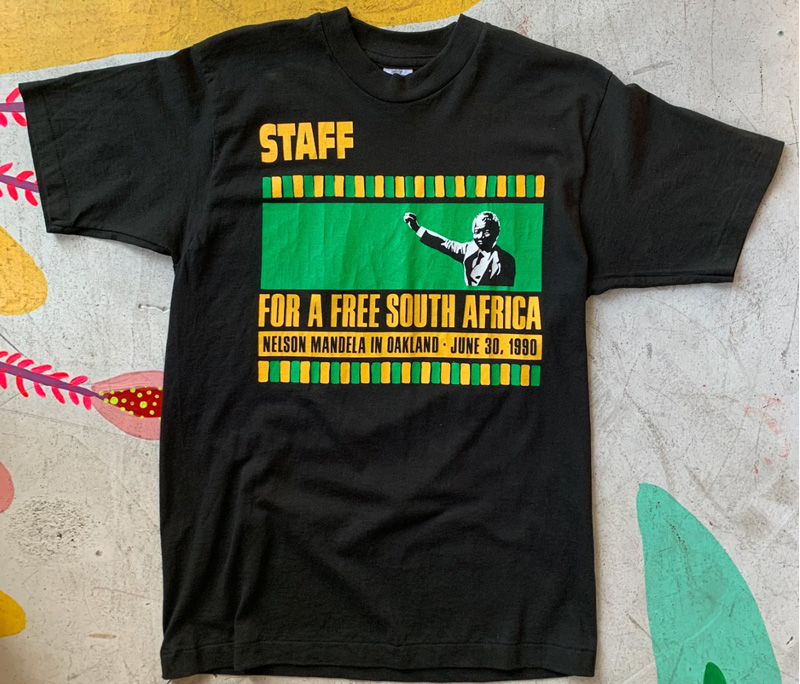Jerry Pompili on Sirius Grateful Dead Channel
An excerpt from TALES FROM THE GOLDEN ROAD – Sunday, April 2 on SiriusXM 23 the Grateful Dead Channel.
Hosts: Gary Lambert and David Gans
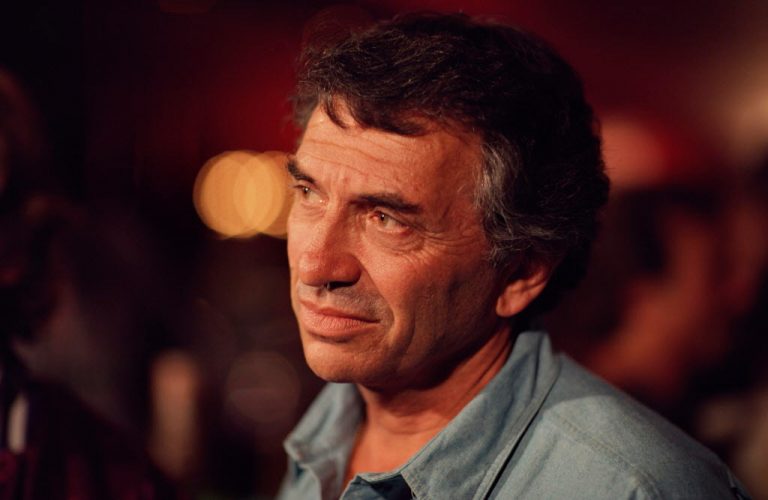
Miriam Di Nunzio @MiriamDiNunzio | email You may not know his name, but it’s almost a certainty you’ve heard some of his work. ‘Bill Graham and the Rock & Roll Revolution’ When: Through Nov. 12 Where: Illinois Holocaust Museum & Education Center, 9603 Woods Drive, Skokie Admission: $6-$12; additional $5 for Graham exhibit ticket Info:…
Click the title to see lots of great photos of the Bash.
We were shocked and saddened to learn that the legendary Bill Walton has died. He’s been such an important part of our lives for so long — he and his big heart and excellent vibes will be sorely missed. Our heartfelt condolences to his family and friends.

We are pleased to announce that Bill Graham was awarded the Recording Academy’s “Trustees Award” at this year’s Grammys along with record company executive Seymour Stein and film composer John Williams. They will be honored at a special event this summer along with the musicians who received Lifetime Achievement Awards, and a PBS broadcast of…
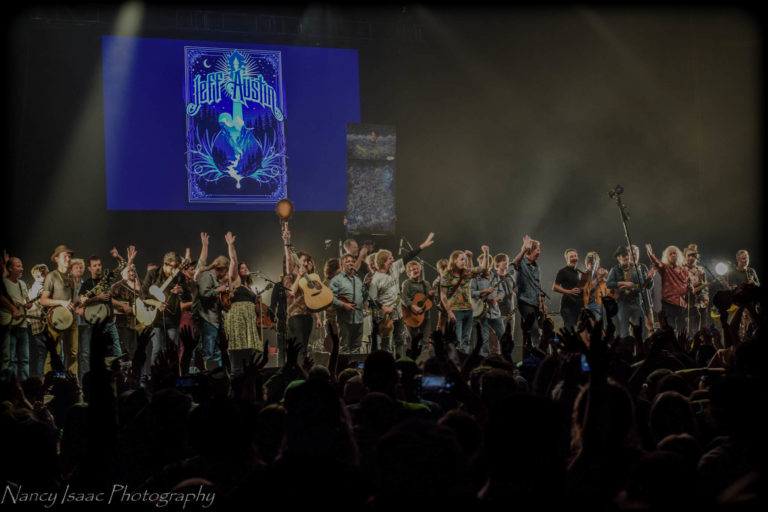
The Bill Graham Memorial Foundation is pleased to announce that we just gave Sweet Relief a $10,000 grant in support of their Covid-19 Relief Fund. Sweet Relief was founded in 1993 by musician Victoria Williams; she was diagnosed with MS, and realized that many musicians, like herself, were unable to afford medical expenses when compromised…
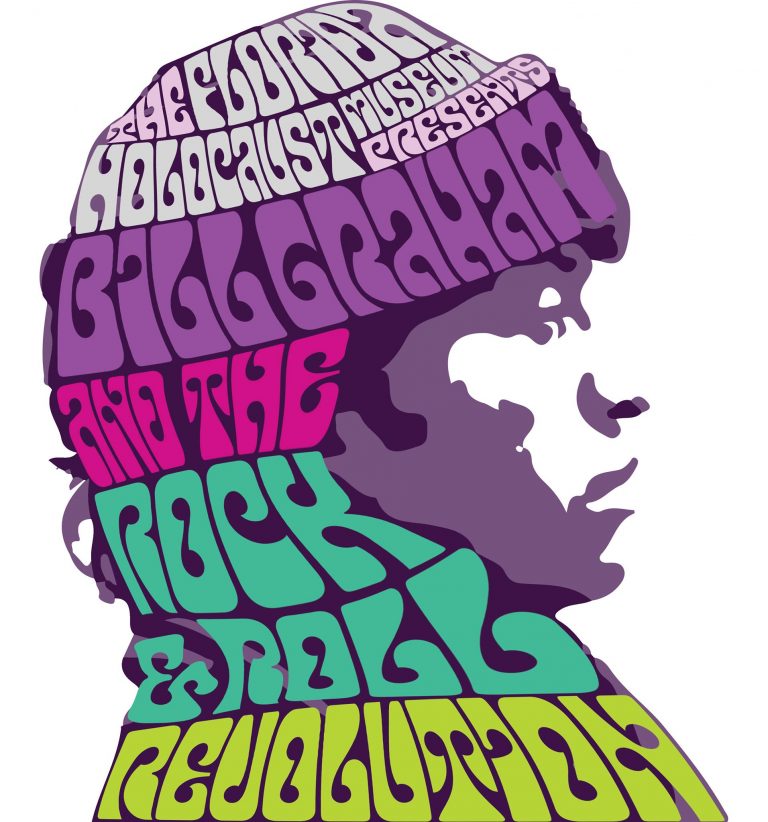
Iconic rock & roll exhibition now on display through June January 28, 2019 [St. Petersburg, FL] — In response to visitor demand, The Florida Holocaust Museum (The FHM) will extend its immensely popular exhibition, Bill Graham and the Rock & Roll Revolution, through Sunday, June 30, 2019! The exhibition explores the extraordinary life of renowned…
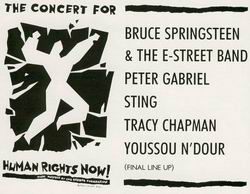
After presenting the first live stadium rock concert featuring American artists in Russia, Bill put together the “Human Rights Now!” tour in 1988 to celebrate the fortieth anniversary of the Universal Declaration of Human Rights. Featuring Yossou N’Dour, Tracy Chapman, Peter Gabriel, Sting, and Bruce Springsteen, the tour began in England and continued with concerts in Europe, Costa Rica, Canada, the United States, Japan, India, Zimbabwe, the Ivory Coast, Brazil, and Argentina. The sheer logistics of moving so many musicians around the world in “the greatest ever rock-music extravaganza” were staggering but the tour brought Amnesty’s message of hope to people in the third world where the organization had long been struggling to achieve its goals.
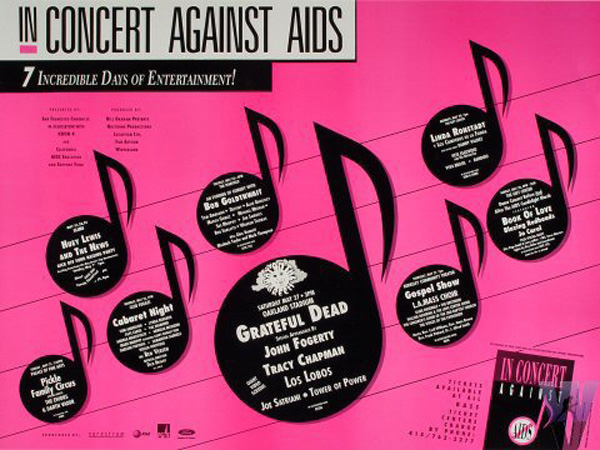
In Concert Against Aids was a groundbreaking, 18-months-in-the-making entertainment series which took place in the Bay Area over five days at the end of May, 1989. A giant AIDS benefit concert was the idea of Bill’s close friend and associate, Zohn Artman. Artman wanted to “see heterosexual rock stars stand up and be counted in the battle against AIDS.” He had envisioned a stadium concert and telethon three years earlier but sadly he succumbed to AIDS before his vision could be realized.
Two years later Bill Graham brought Zohn’s vision to fruition. Billed as a “… total community effort …” the week of events included “the world’s longest conga line,” a comedy night, a gospel choir show, and the highlight – a nine-hour rock concert at the Oakland Coliseum featuring the Grateful Dead, John Fogerty, Tracy Chapman, Los Lobos and others.
“I’ve lost some friends to AIDS. This is an emotional issue for me,” Grateful Dead guitarist Jerry Garcia said at a news conference announcing In Concert Against AIDS. “We are not really making any sacrifices. We’re doing what we always do, playing music for people,” Garcia said. “I hope this gets treated with the seriousness it deserves. It’s still being treated like some kind of political issue, not like what it really is, a health issue.”
The week kicked off with Huey Lewis and the News performing an intimate set at Slim’s which included a sit down dinner, while Linda Ronstadt starred in an evening of Latin music at the San Francisco Gift Center. Between the week of concerts and a telethon with filmed portions of the stadium show that ran on KRON, more than $500,000 was raised.
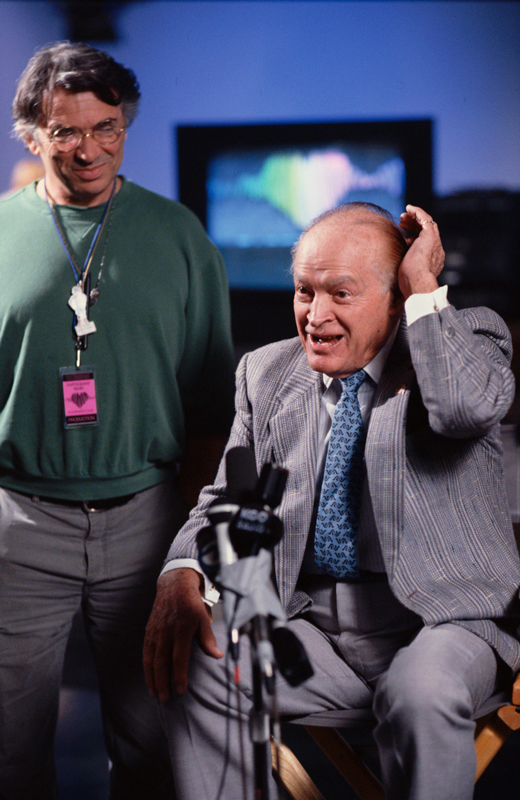
In response to the 1989 earthquake in Northern California, a benefit event was swiftly organized by Bill Graham. Approximately 50 music and comedy acts performed on November 26, 1989, at three different venues – Henry J. Kaiser Convention Center in Oakland, the Cow Palace in San Francisco and the Watsonville High School football field. KQED, a public broadcasting station, played a key role by securing an FCC waiver and dedicating 13 hours of airtime for the telethon, broadcasting live concerts and appeals for earthquake relief donations. During the telethon, Bill pledged to match funds up to one million dollars.
The “Earthquake Relief” concerts featured Bobby McFerrin, Carlos Santana, Neil Young, Los Lobos, Bonnie Raitt, Pete Escovedo, Taj Mahal and Crosby, Stills & Nash. Bob Hope joined the lineup for the event that in the end, raised a total of two million dollars for the relief fund.
A remembrance from Bob Barsotti who worked alongside Bill on many of the benefit shows over the years…”When Bill was doing his rounds of the three benefit sites he was able to bring Bob Hope along to say hello to the crowds out to support Earthquake relief. When they arrived at the Cow Palace it was time for the Doobie Brothers to begin their set so Bill brought Bob out on stage with him for an extra special intro for his dear friends. When Bill introduced Bob the crowd erupted and Bob just stood there staring out, eventually able to say a few words of welcome before the Doobies started their set. As Bill was walking Bob off stage he noticed a strange look on his face so he bent down and asked if everything was ok? Bob turned to Bill and said “What was that?” Bill, realizing Bob was speaking of the deafening roar of the crowd looked him in the eye and said,” That, my friend, is the power of rock n roll!” Bob’s response was “I’ve been in front of plenty of huge crowds before but I’ve never felt anything close to what I felt out there today.”
After his release from prison in February of 1990, Nelson Mandela traveled extensively, making several trips to the United States. He came to the Bay Area in June 1990, where he was honored at a sold-out concert at the Oakland Coliseum.
For Bill Graham, it was important that the show reflected the supporters of Mandela and the makeup of the greater Bay Area. During a press conference Bill said that he felt strongly about what the Bay Area stands for having been the home of the free speech movement and so supportive of the labor movement, and that recognition should be given to those factors. In addition to that “the music at the event must be roots music that emanated from Africa extending into gospel and jazz and blues and r&b.”
Ticket prices were kept to $5.00 to make the event available to as many as possible and performers included Zulu Spear, John Lee Hooker & Bonnie Raitt, the Oakland-based Vukani Mawethu Choir, Baba Olatunji and Mickey Hart, Tramaine Hawkins, Bob Weir and Jerry Garcia, Gospel Hummingbirds, John Lee Hooker, Sweet Honey In The Rock, Oakland Interfaith Gospel Choir, John Santos, Kotoja, as well as Bay Area drum and dance troupes.
At the event, acknowledging the Bay Area’s role as a U.S. center of activism against apartheid, Mandela told the crowd: “You must remember that you are our blood brothers and sisters. You are our comrades in the struggle. Remember that we respect you, we admire you and, above all, we love you. ‘We are at a crucial historical juncture,” he told a cheering crowd of 58,000 people, ”We shall not turn back. Despite my 71 years, at the end of this visit I feel like a young man of 35. I feel like an old battery that has been recharged. And if I feel so young, it is the people of the United States of America that are responsible for this.”
